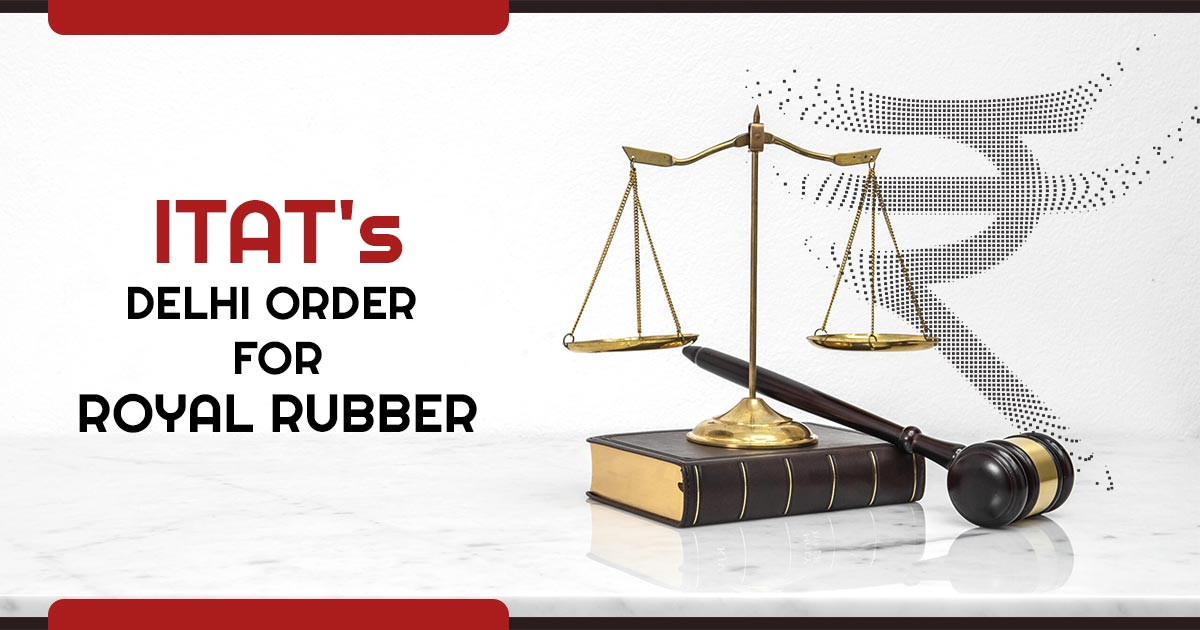
The Income Tax Appellate Tribunal (ITAT), Delhi bench, while deleting penalty under section 271(1)(c) of the Income Tax Act, 1961 ruled that the money should not be treated as ‘unaccounted’ only as the non-response from the creditors exclusively due to non-response from the creditors.
The taxpayer is the owner of Royal Rubber Works which is a partnership firm. Towards the assessment year beneath the issue, the taxpayers have furnished their income return dated 30.09.2015 showing an income of Rs 2,67,730. Towards the assessment proceeding, an assessing officer, on the examination of the balance sheet of the taxpayer revealed that the taxpayer would declare the sundry creditors of Rs.88,97,485 mentioning the same, assessing officer would ask the taxpayer to furnish the information for the sundry creditors as well as confirmed the copy of ledger account. According to the taxpayer unable to prove the genuineness of the sundry creditors and that would be left unverified, the assessing officer would add the amount of Rs 34,34,837 and execute the penalty.
A bench of Shri Saktijit Dey, Judicial Member, and Dr B.R.R. Kumar, Accountant Member revealed that the addition relied on which the Assessing Officer levied the penalty beneath section 271(1)(c) of the Act was on account of sundry creditors.
During deciding the quantum petition of the taxpayers, the tribunal would delete the main portion of the addition, accepting the taxpayer’s submission which the amount was not credited in the books of account this year. Moreover, Rs 3,43,289 was upheld on the basis of which it was credited to the books of account in the year, the Tribunal mentioned.
Also Read: Delhi ITAT Rejects Order As IT Section 147 Not Alternative to 263
Learned counsel to the taxpayer would submit to us that the assessing officer would be accepted the sales and purchases. He moreover mentioned that nextly the amount was repaid. Hence acknowledging the add-on of the quantum of sustained through the Tribunal along with that the taxpayers have paid back the amount to creditors we secure the view that the taxpayer cannot be charged with filing the wrong particulars of income. Only due to the creditors would not having been answered the penalty would get levied beneath section 271(1)(c) of the Act, the Tribunal observed.









